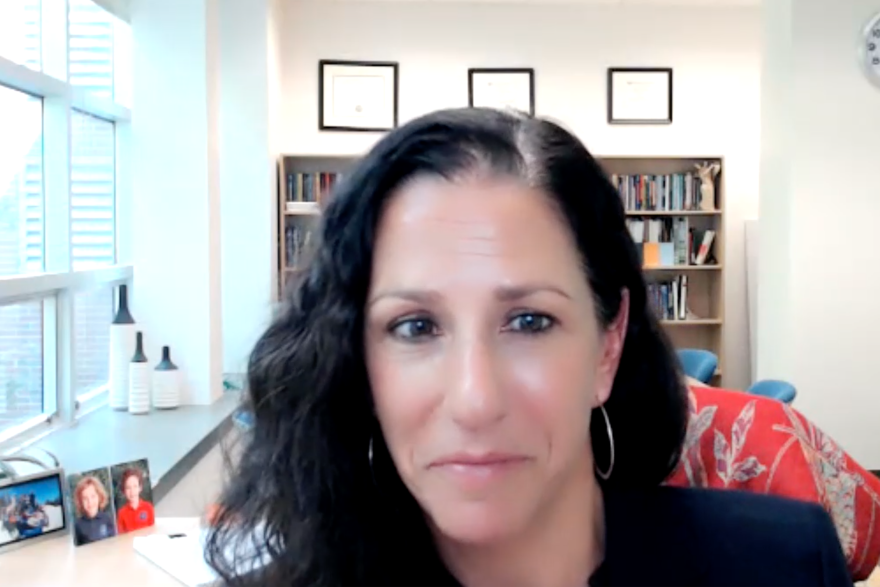New research indicates that the pandemic has slowed student progress across the board in Michigan.
State law required benchmark assessments for the first time last year.
But a report by the Michigan State University Education Policy Innovation Collaborative, or EPIC, reveals relatively high proportions of students are behind grade level.
One result is that more than 3,600 third graders in the state have been flagged for retention due to low reading scores, though not all will be held back.

EPIC director Katharine Strunk said most of those children are in underserved areas that have also be hardest hit by COVID-19.
“The idea of holding a child accountable for that in this particular year is difficult to wrap one’s head around,” Strunk said.
Strunk added that early literacy has been a focus in Michigan for a long time, and scores had been going up prior to last year. “Don’t stop this focus on early literacy,” she continued. “It’s critically important, and the more resources that we can put in to helping kids learn how to read and write, and literacy, early, is going to pay off in big ways later.”
Strunk says early literacy efforts result in fewer kids needing remedial instruction down the road.



